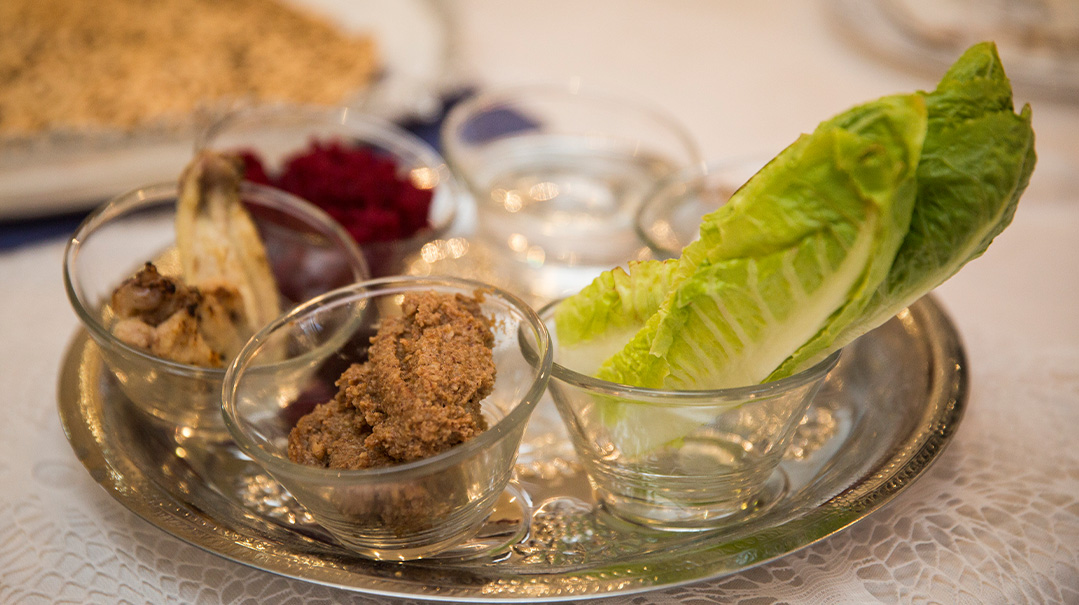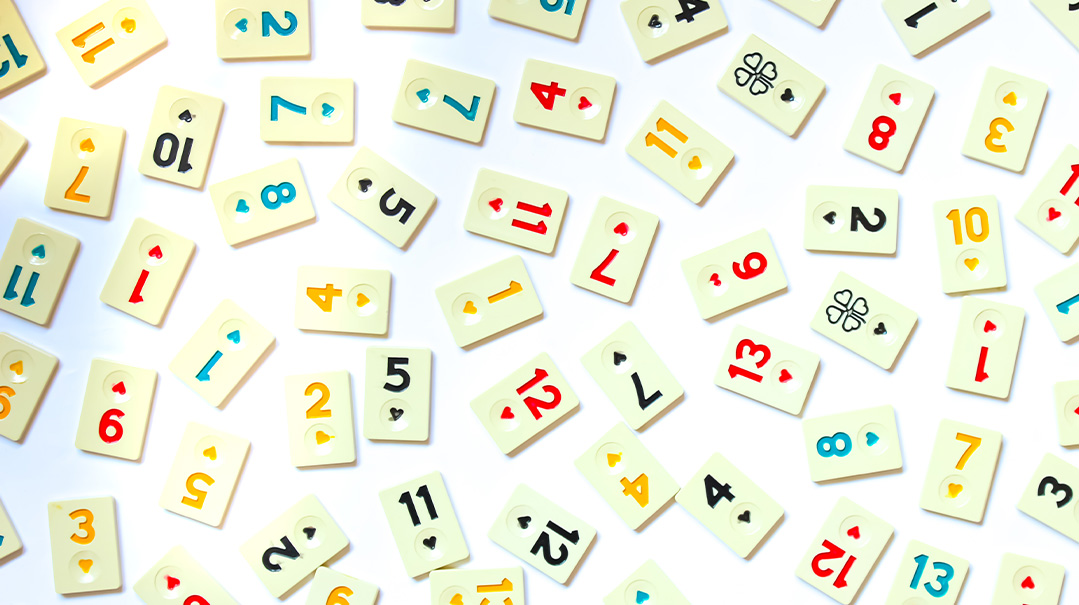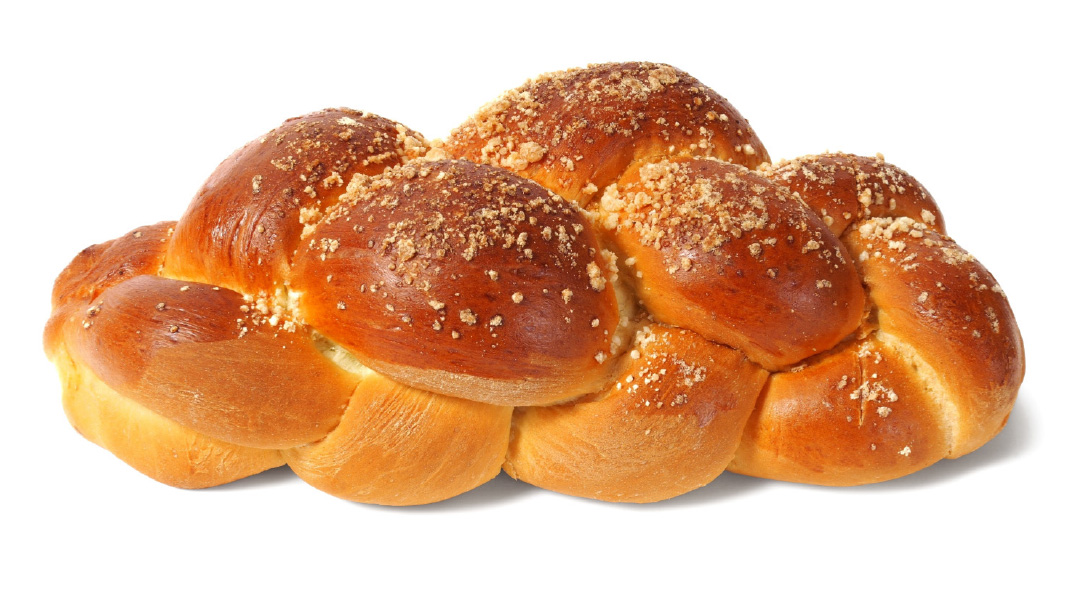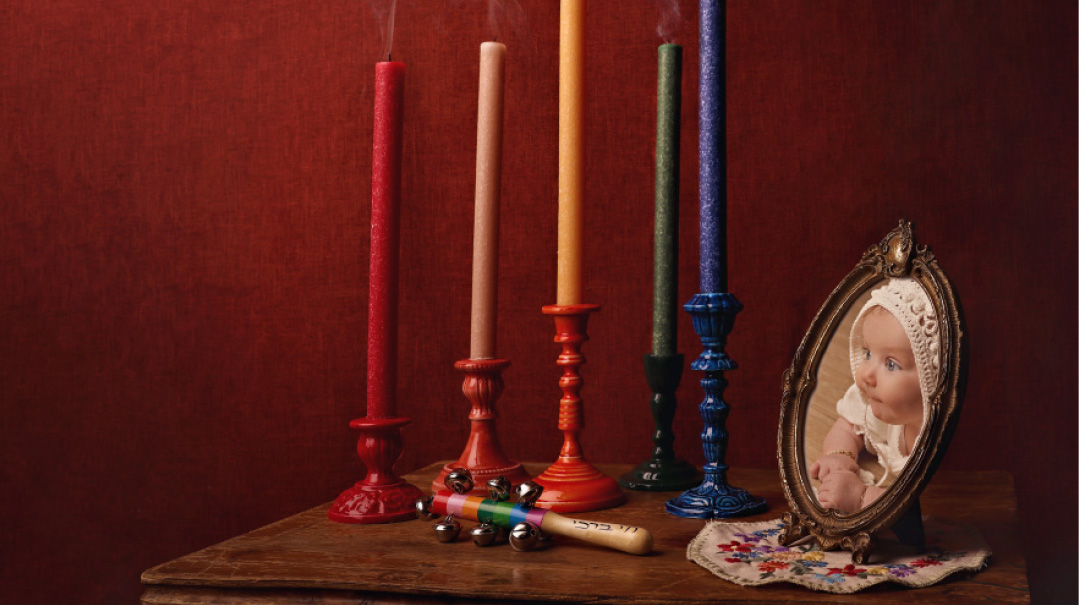The Presence of Absence
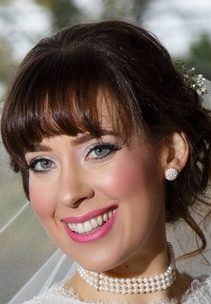
This generational tableau hit me like a physical blow. My heart seized. I was short of breath

IT was a cloudy, rather chilly winter day during the pandemic.
I had bundled up the baby for his daily walk, a ritual he insists upon.
I was thinking idle thoughts as I plodded along, Baby’s eyes bright with happiness in the depths of his stroller. At one point in our wanderings, I became vaguely aware of two women walking toward me, one pushing a carriage.
From my vantage point, they looked somewhat similar in appearance, so I decided that they were sisters. But as they drew closer, it became clear they were mother, daughter, and grandchild.
This generational tableau hit me like a physical blow. My heart seized. I was short of breath. The mother smiled at me, and in my shock, I only managed to pull my mouth into a rictus of a grin as they went past.
The mother looked at me strangely. I don’t blame her.
It had been three and a half years since my mother died, but it was just then, right there, that I realized that I will never walk with her again.
Ma liked to walk — it was her preferred form of exercise. She also liked cloudy, chilly-ish days. She loathed the heat and sun, and I do too.
Baby will never know her. He has two Zeidies and one Babi, and the other will remain a stranger, a framed photograph smiling in the living room, intangible and distant. I grew up with one Zeidy and two Babis, so I know how it will be for him. I will tell him all about Ma when he is old enough, and he will smile politely and perhaps one day pat me consolingly, but he cannot miss what he never had.
Our family has recently celebrated a number of simchahs, baruch Hashem. They were beautiful and joyous. But what was uncomfortable was the wishes of guests, assuring me that Ma “was there,” that she was celebrating with us, that she was even dancing with us.
Ma had two left feet. She could not dance — not even to save her life, ha ha. My initial, internal reaction to these comments was, “She didn’t dance when she was alive, she’s going to dance when she’s dead?”
I didn’t find these words to be comforting, mostly because those who were stating them didn’t really know Ma. Quite frankly, my mother did not enjoy simchahs. She was happy to be a guest, but as a hostess, she found the experience stressful. She felt responsible for the attendees, worrying if they were content with the pace of the event. At the celebration’s end, she davened that they all arrive home safe and sound.
The image of her invisible presence hovering, seeing all and being helpless to do anything about it — “Did that person make a proper brachah acharonah? This is what happens at shmorgs.” “Her hair is coming undone, can someone fix it?” “Lea, why are you wearing that?” — well, I wouldn’t wish that frustration and anxiety on her.
It may sound perverse, but due to her preoccupation with everyone’s comfort, I don’t miss my mother at simchahs. Instead I think, “I hope she’s at peace, not having to deal with all the behind-the-scenes drama.”
It’s at these mundane, everyday moments I miss her most — the knowledge that on an uneventful morning, on a cloudy, chilly-ish day, I cannot walk with her. I cannot hear her lecturing me on what I’m doing wrong with Baby. I cannot hear her wholehearted laugh, or the Hungarian endearments she would have said to her grandson, as she said them to her children and other grandchildren. I say them to Baby, even though I’m not fluent, but it’s not the same.
I tried to make paprikash, but it could not come close to hers, obviously. My husband, despite his half Hungarian heritage, tentatively informed me early in our marriage that paprikash isn’t his favorite. So I haven’t made it. I’ve used the same method to braise thighs in mustard, in vinegar, in wine, thinking darkly to myself that if Ma was around, he’d definitely like her paprikash.
In the months since the encounter with the grandmother and her descendants, I’ve passed other generations out for a stroll but haven’t blinked. The realization has been processed. But there will be other “first” incidents that will require, yet again, recognition and acceptance.
My mother is dead. Her absence is, oddly, a presence in itself. Hanging over nearly every minor activity, is a steady reminder that she’s no longer in this world. Grief is a chronic condition, and there is no pat statement that alleviates that pain. It’s here to stay.
(Originally featured in Family First, Issue 801)
Oops! We could not locate your form.

